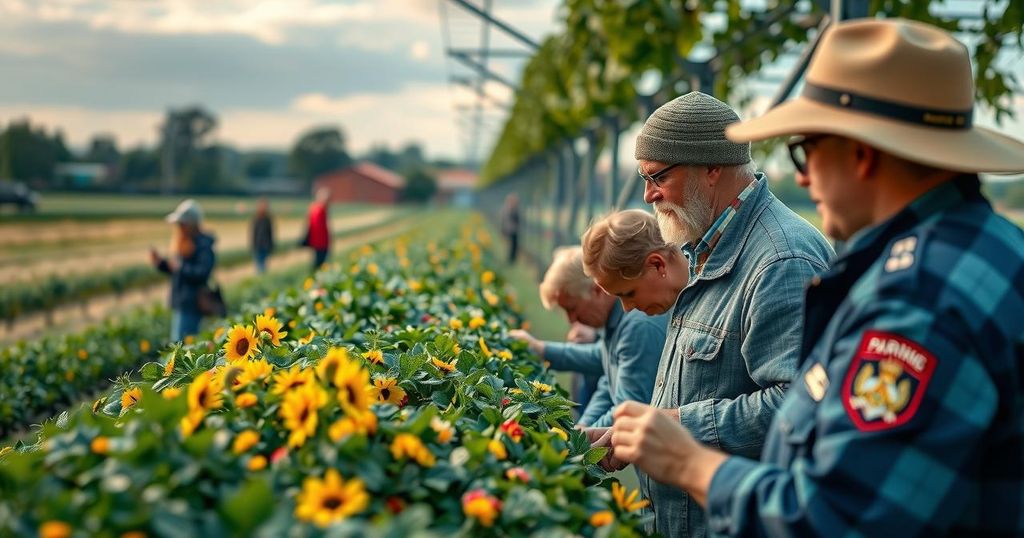COP30 in Brazil is set to focus on agriculture’s dual impact on climate change. With agriculture responsible for 10-12% of global emissions and highly vulnerable to climate impacts, there is an urgent need for targeted discussions. The FAO is expected to advocate for context-specific solutions for farmers, emphasizing financing alongside technology support. Successful case studies must be presented to address the unique challenges faced by diverse agro-climatic zones, particularly in the Global South, to ensure sustainable agricultural practices and food security.
The upcoming United Nations Climate Change Conference (COP30) in Belem, Brazil, is anticipated to place significant emphasis on agricultural issues, given that agriculture is both a major contributor to and greatly affected by climate change. Responsible for approximately 10-12% of global emissions due to practices such as deforestation and synthetic fertilizer use, agriculture is also vulnerable to climate-related hazards, which can severely impact food security as global temperatures rise. The Food and Agriculture Organization (FAO) is set to play a crucial role in addressing these challenges and promoting the agrifood system solutions necessary for combating climate change.
During COP29, several critical topics relevant to agriculture were discussed, including technological advancements and climate financing for farmers. However, the outcomes were mixed, with initiatives like the Baku Harmoniya Climate Initiative for Farmers launched but lacking concrete commitments. Additionally, a new international carbon market was introduced to facilitate carbon trading, potentially benefiting small farmers affected by climate challenges. The initiative to reduce methane emissions from organic waste was also announced, with widespread support from numerous countries.
At COP30, the focus must pivot to ensuring equitable transitions for farmers, particularly in developing nations such as India. The agricultural landscape is diverse, with specialized needs across various agro-climatic zones. Therefore, it is essential to consider tailored solutions that address the unique conditions of these zones. Contextualized case studies showcasing successful adaptation practices should be presented at the conference, emphasizing the importance of financing alongside technology support for facilitating climate-resilient practices among farmers. One hopes that COP30 will yield positive results for farmers globally, especially for those in the Global South.
The upcoming COP30 conference is pivotal in addressing agriculture’s dual role in climate change as both a contributor through practices like deforestation and artificial fertilizers, and as a sector vulnerable to its impacts, such as unpredictable weather and heat extremes. The FAO is poised to advocate for the integration of agrifood system strategies as essential climate solutions. Building upon the discussions from COP29, which offered some advancements but also evidenced a lack of decisive action for farmers, COP30 must focus on just transitions for the agricultural sector, especially in economically disadvantaged regions. The need for tailored approaches in agriculture, reflective of diverse ecosystems and climatic conditions, underlines the necessity for targeted interventions in order to enhance resilience against climate change. With the urgency of the climate crisis, farmers’ needs must be prioritized in the global dialogue on sustainability and adaptation, particularly as food security faces unprecedented threats.
In summary, the forthcoming COP30 must prioritize the specific requirements of farmers, particularly those in the Global South, as they navigate the complexities of climate change. With agriculture being a significant contributor to global emissions while simultaneously suffering from climate impacts, a focus on tailored, context-specific solutions and adequate financing for climate-resilient practices is essential. The momentum from COP29 needs to lead to actionable commitments that support farmers comprehensively, ensuring that the path forward addresses both the challenges they face and the contributions they can make to global climate solutions.
Original Source: www.outlookbusiness.com







